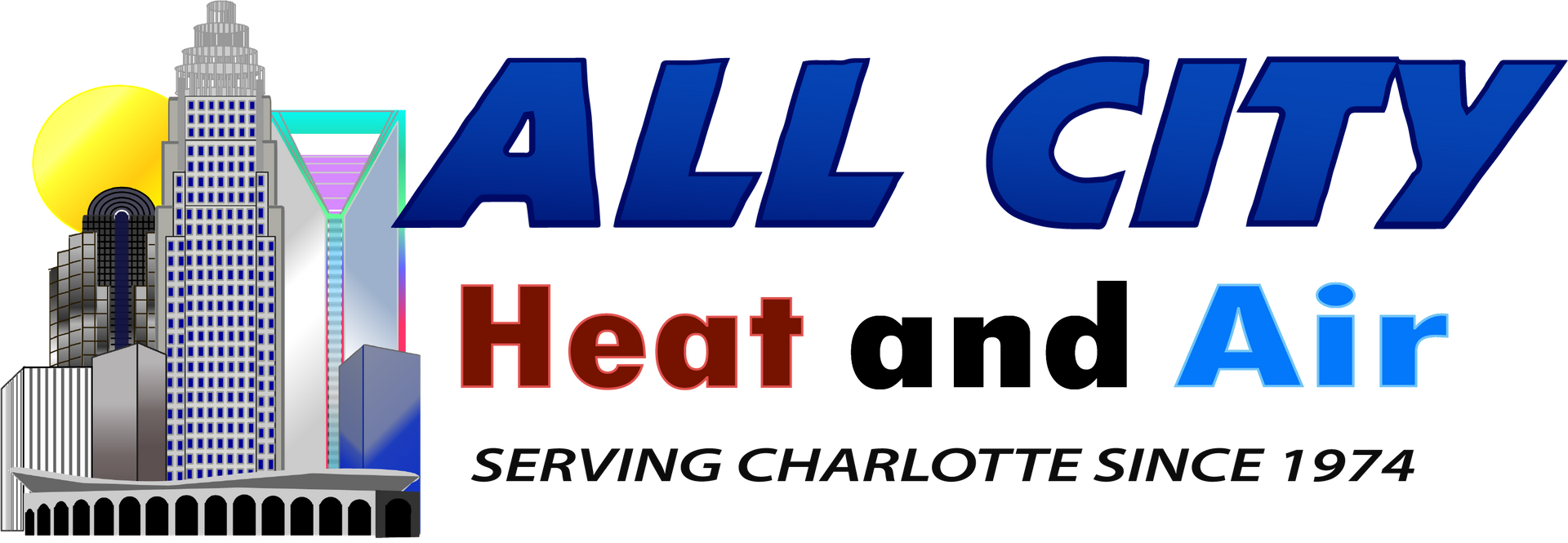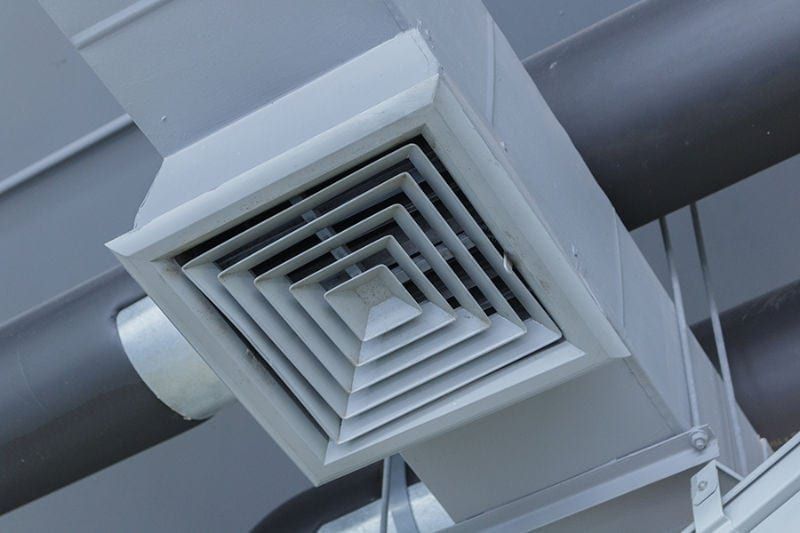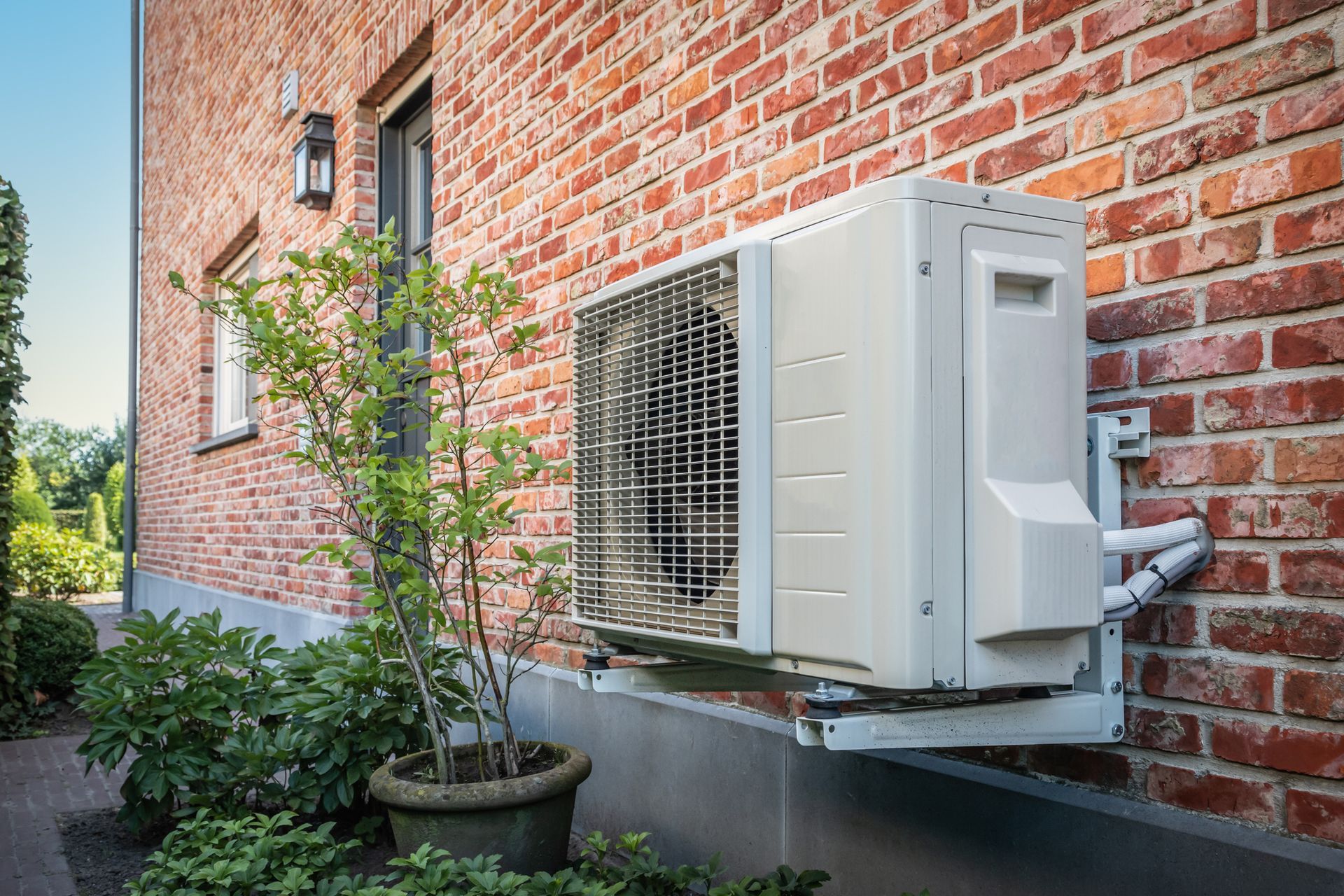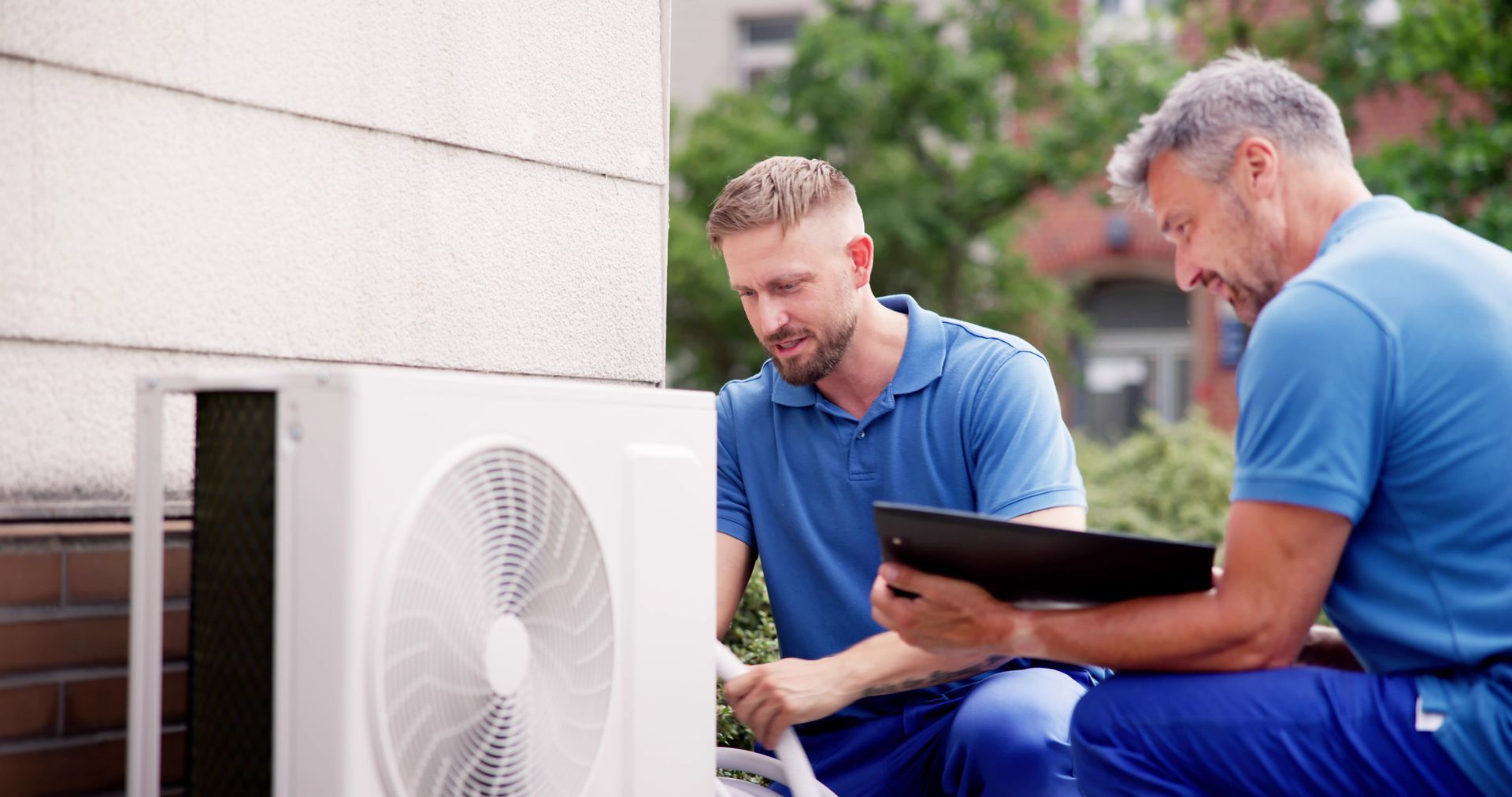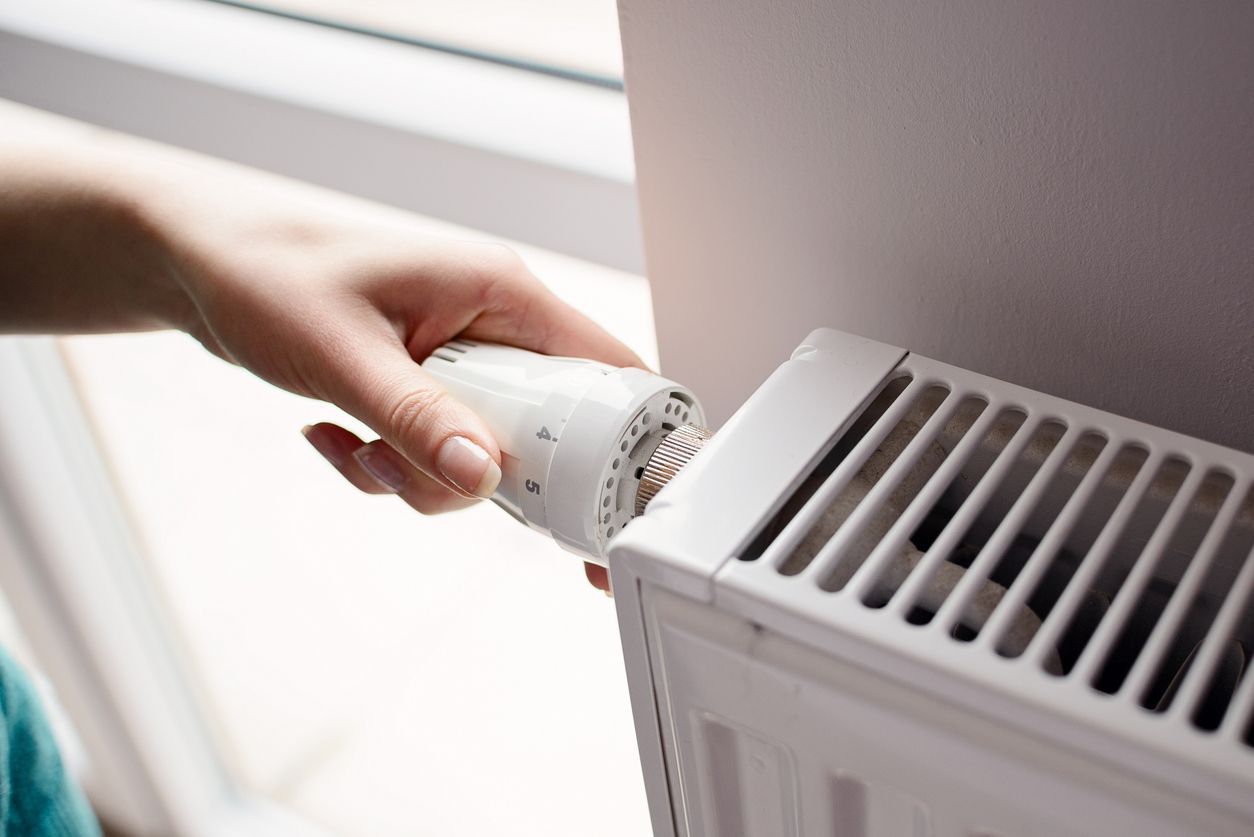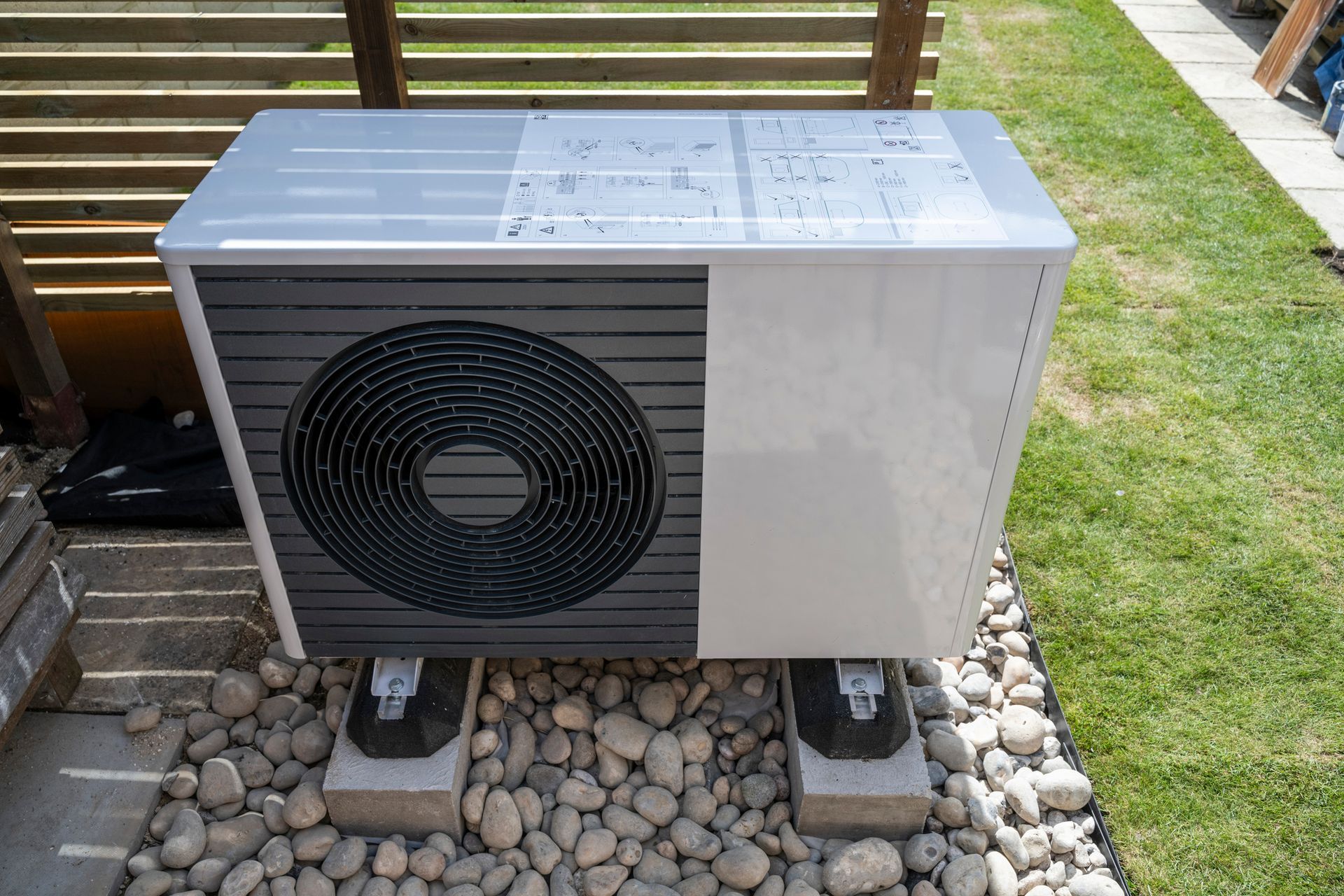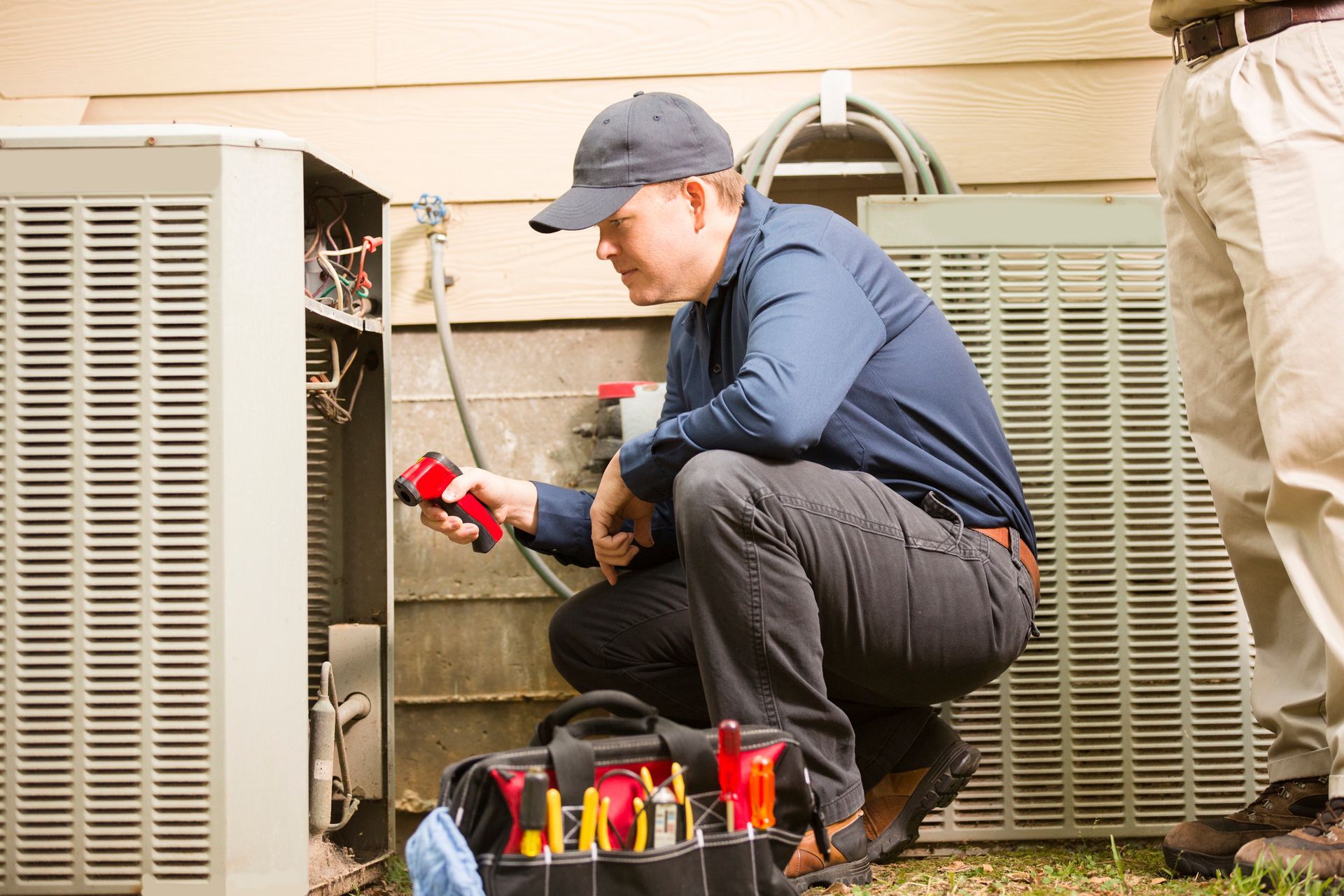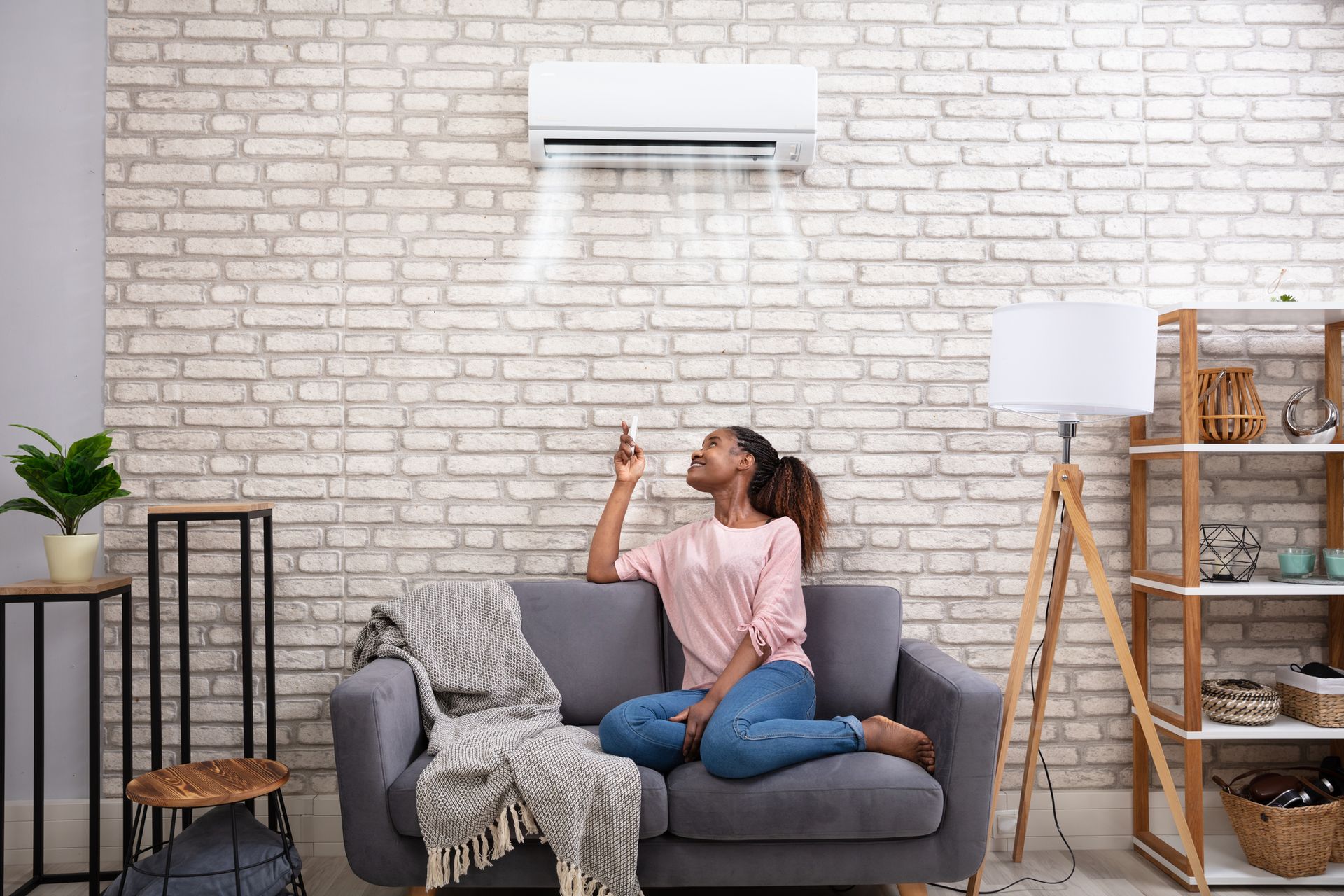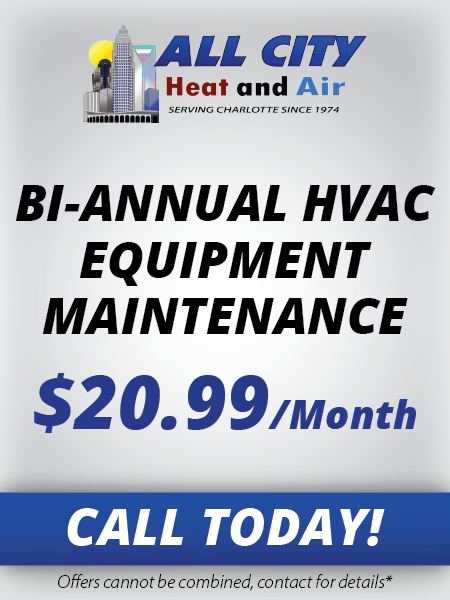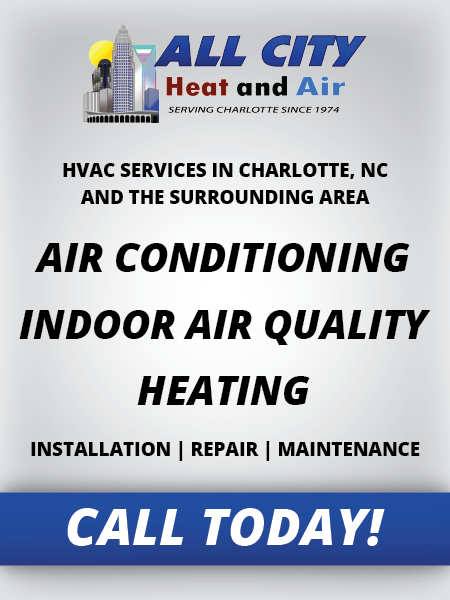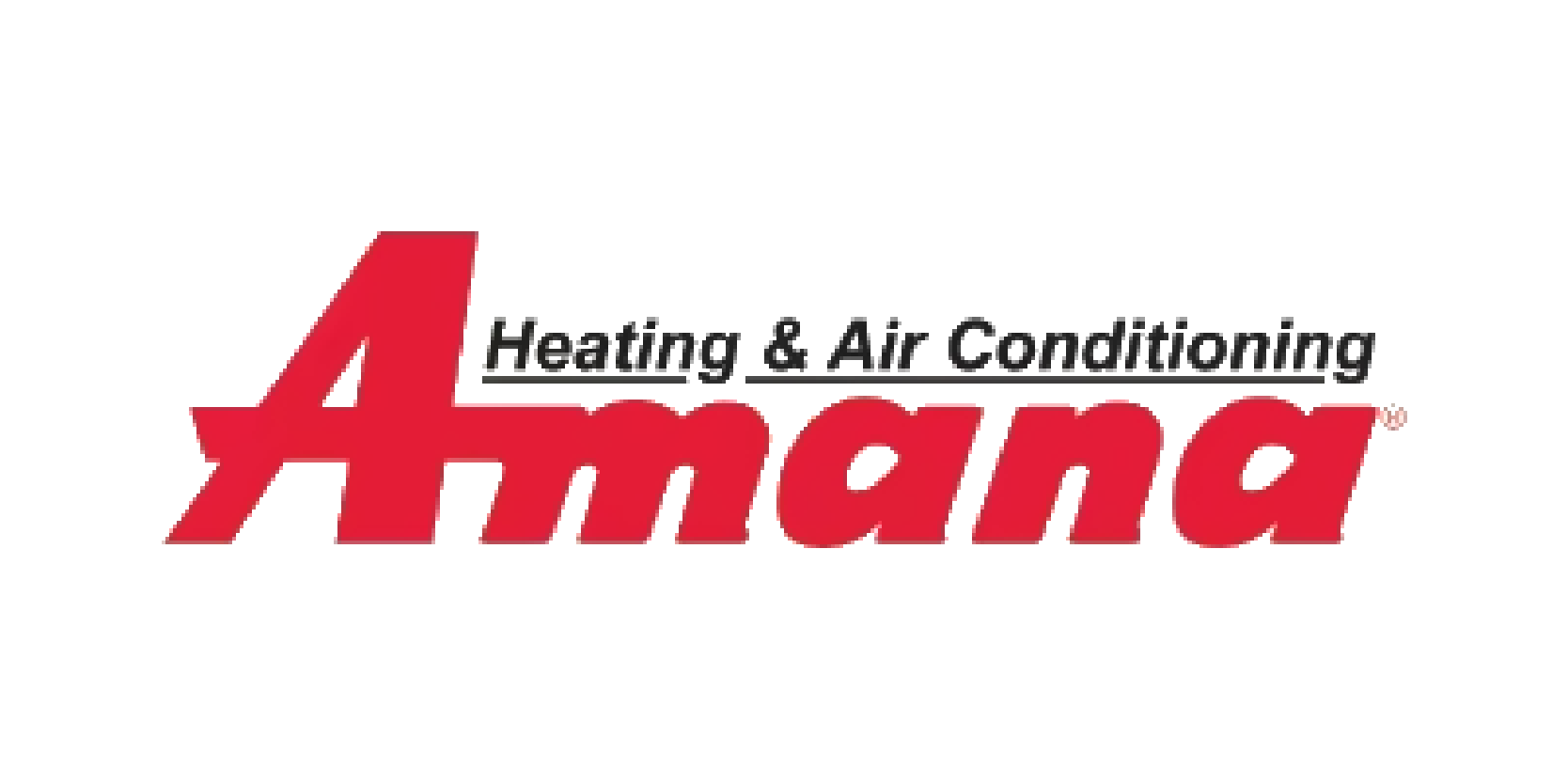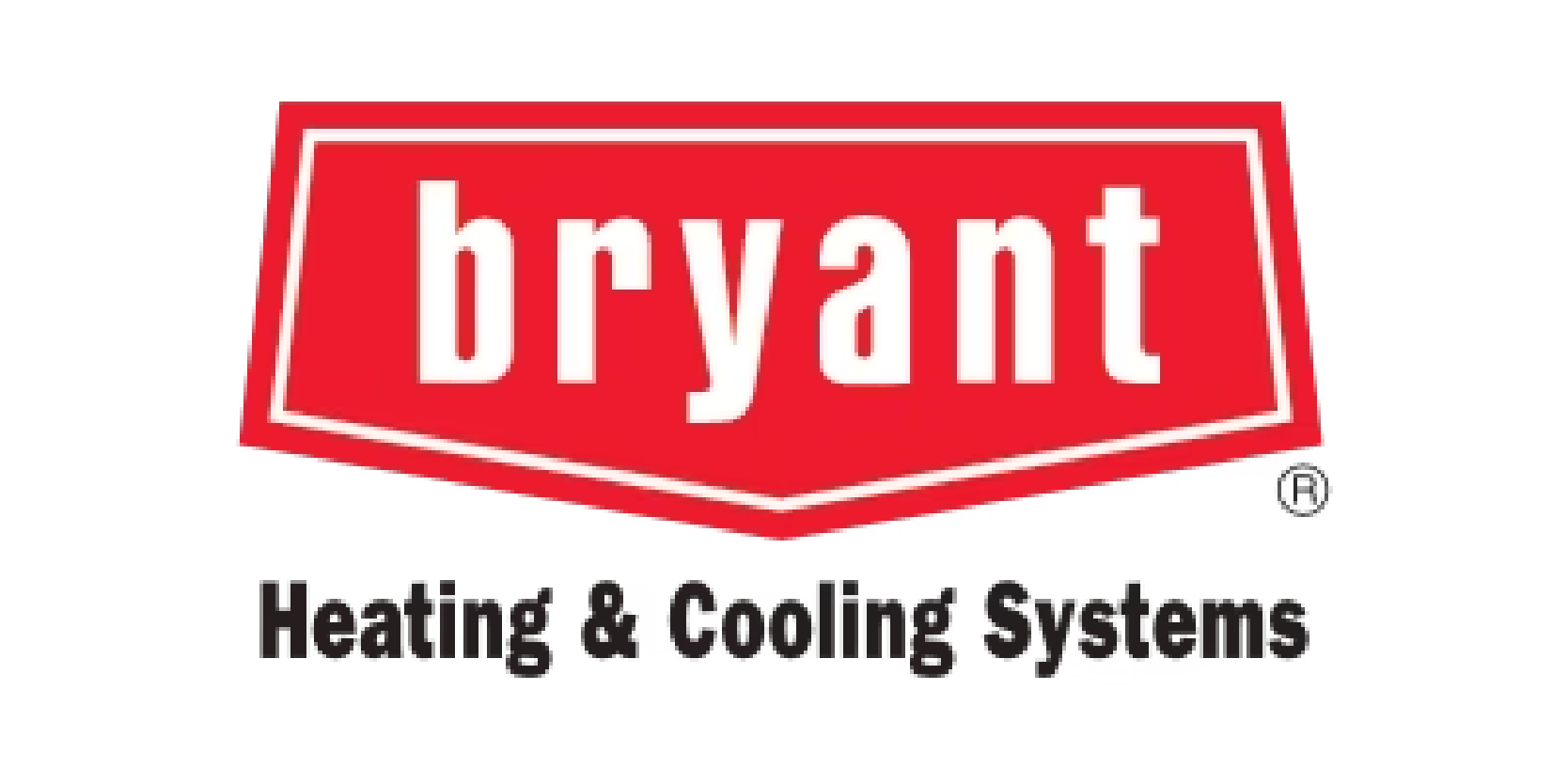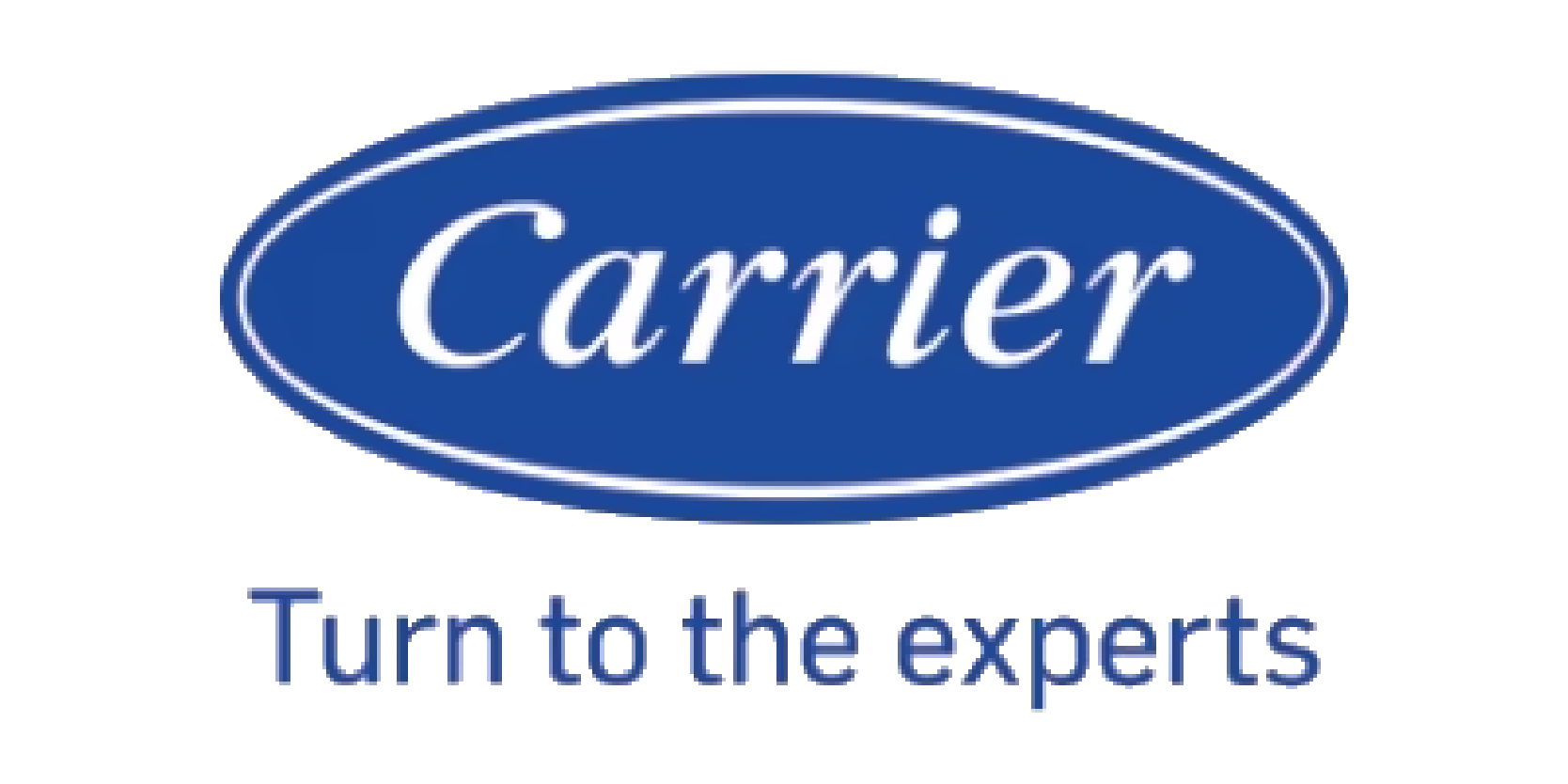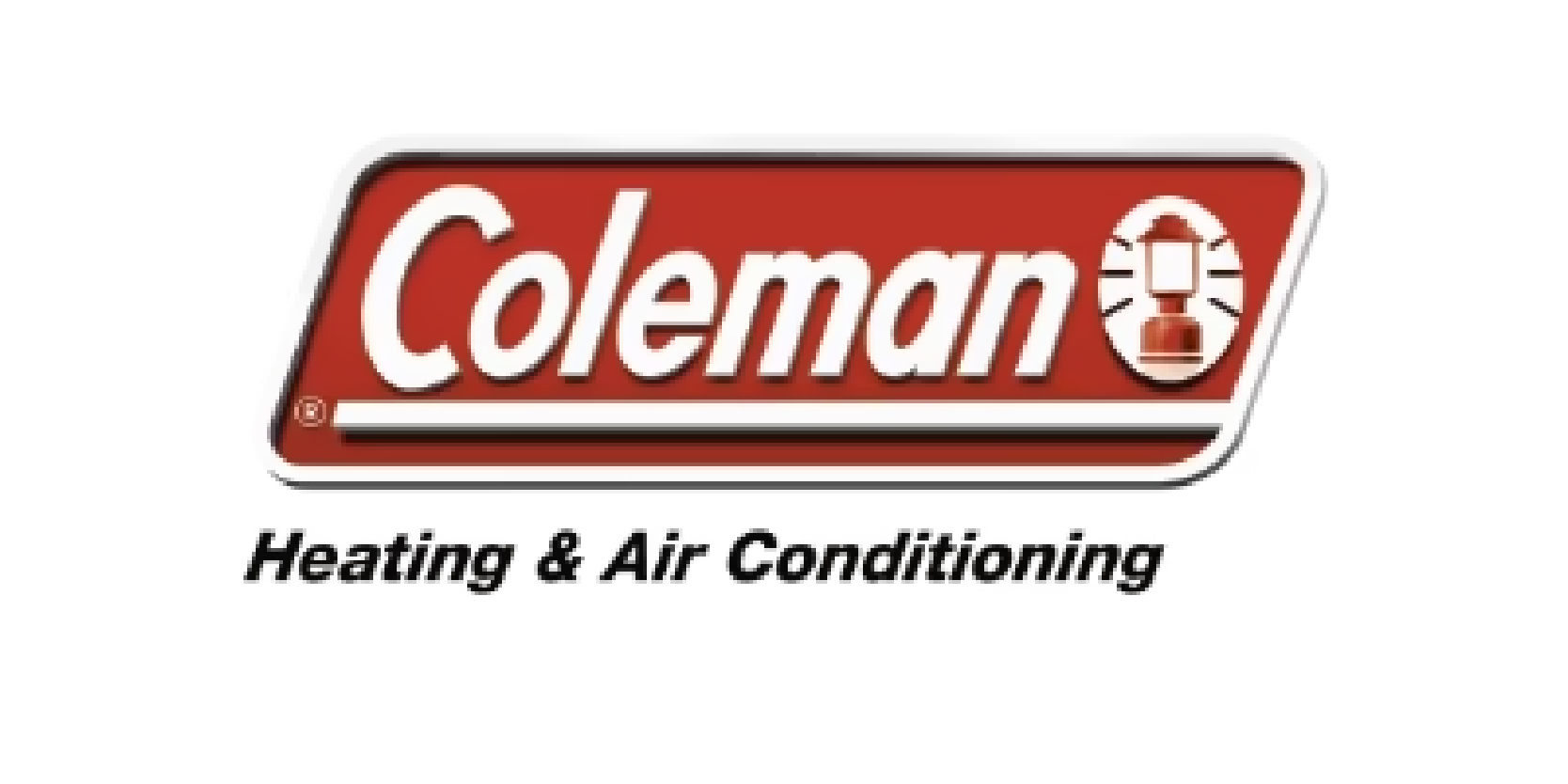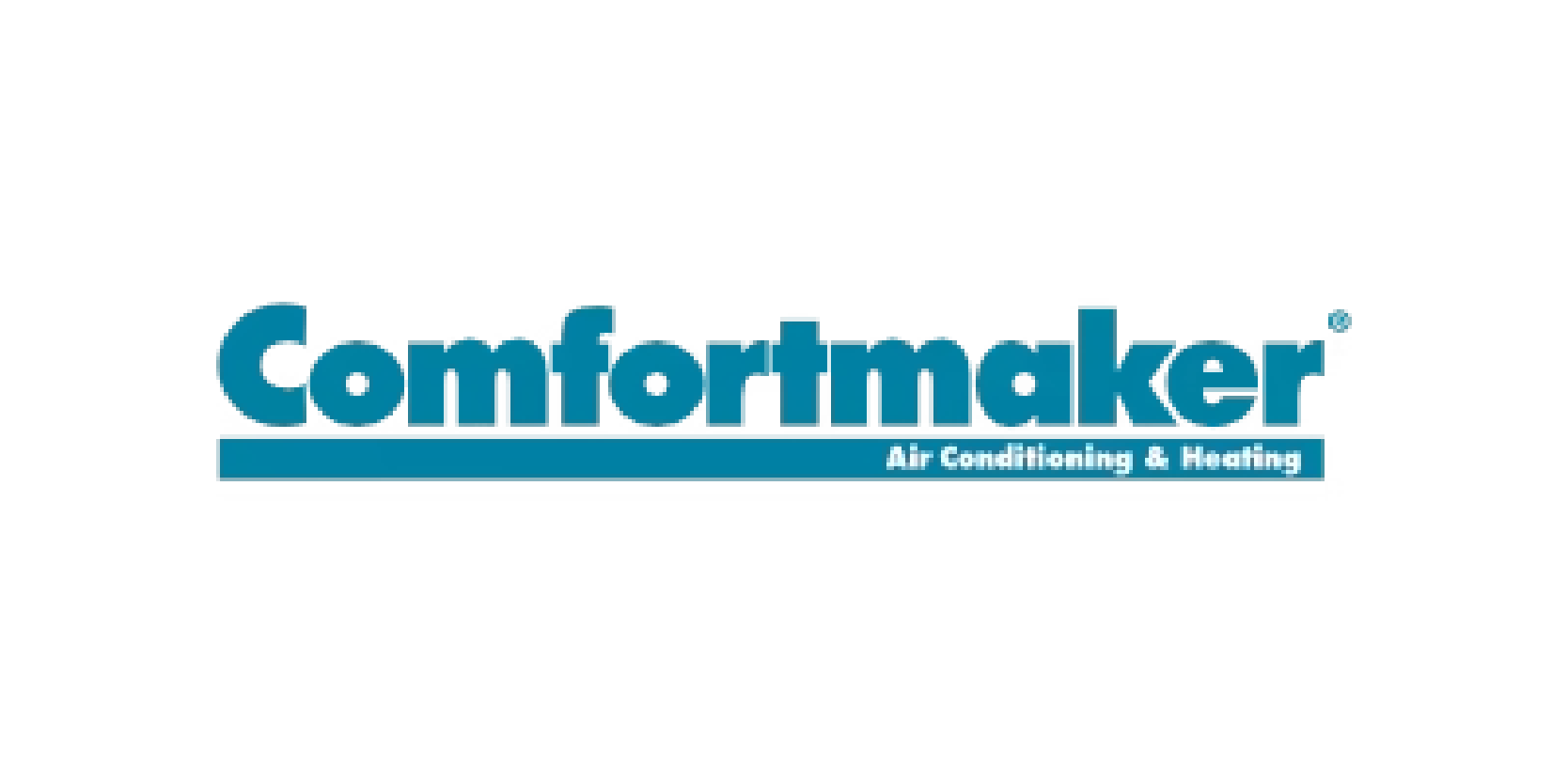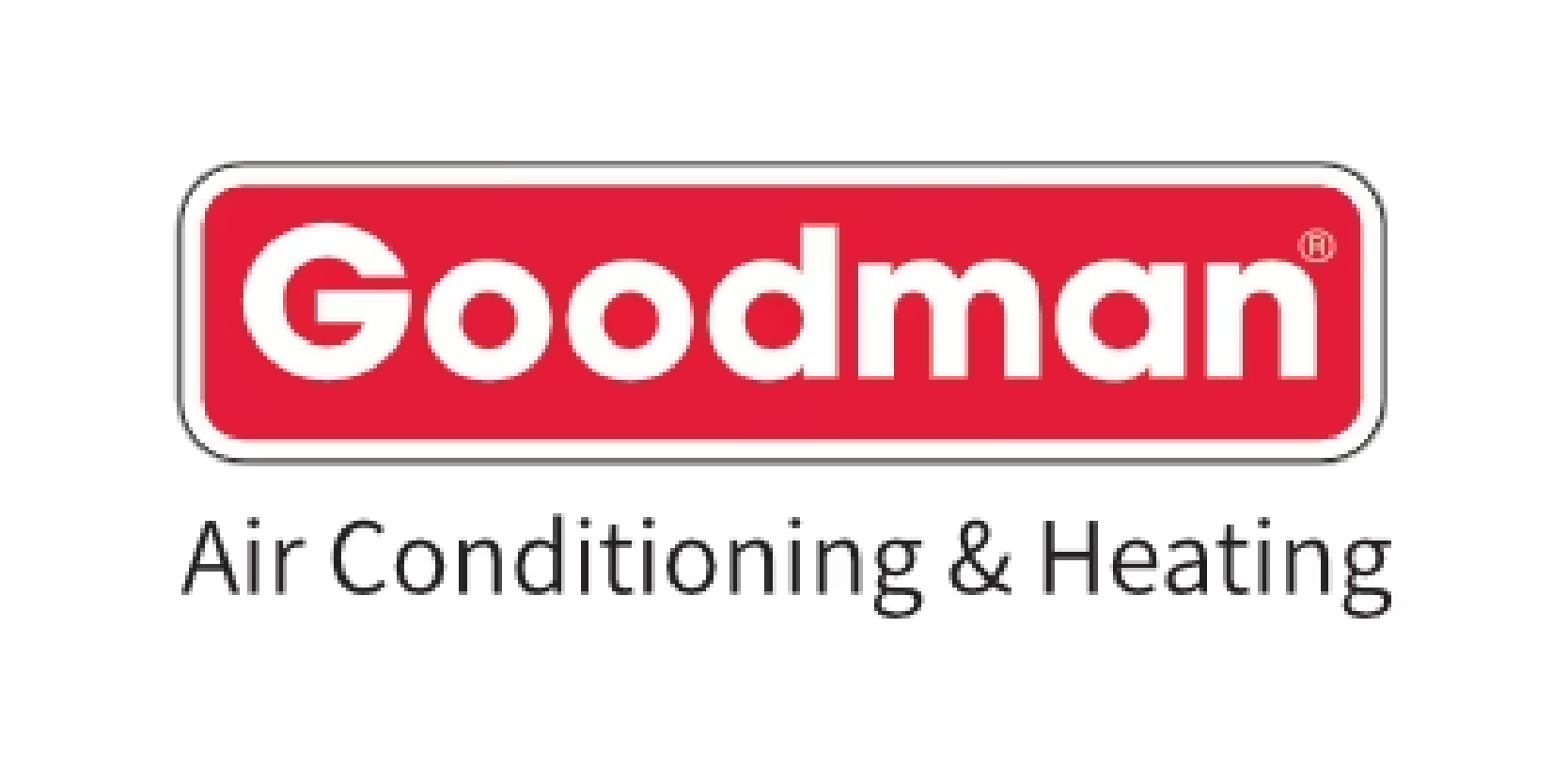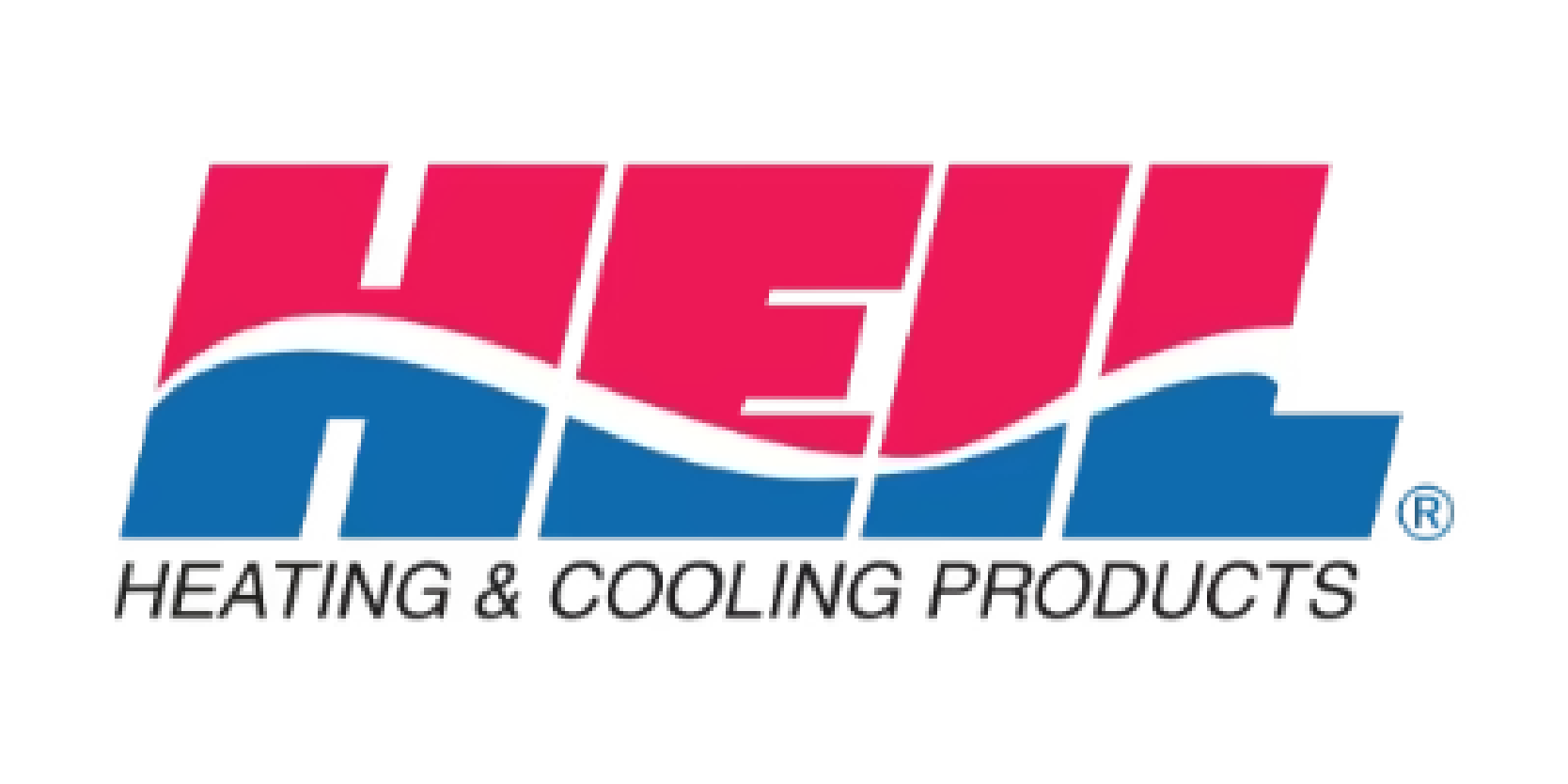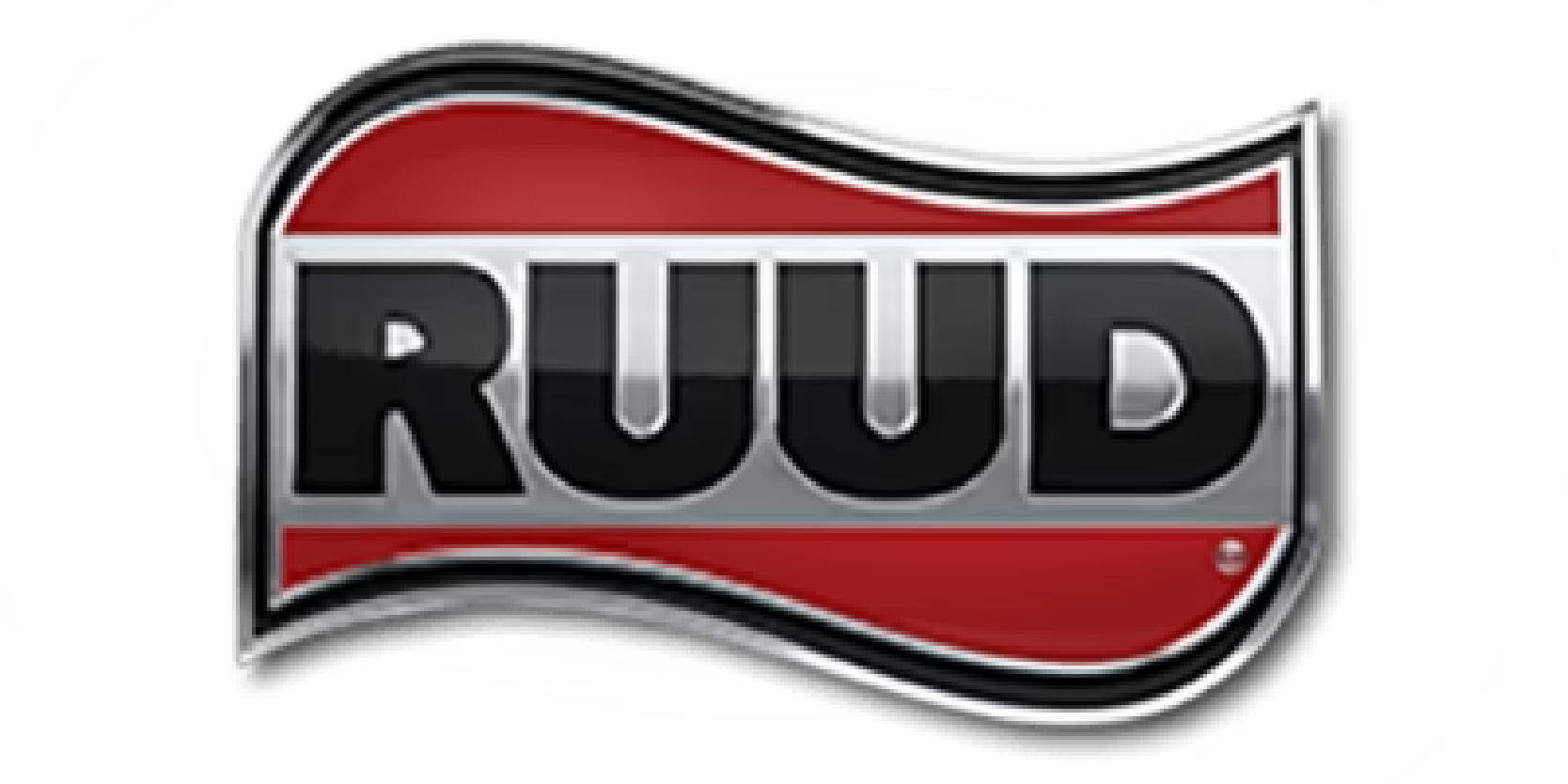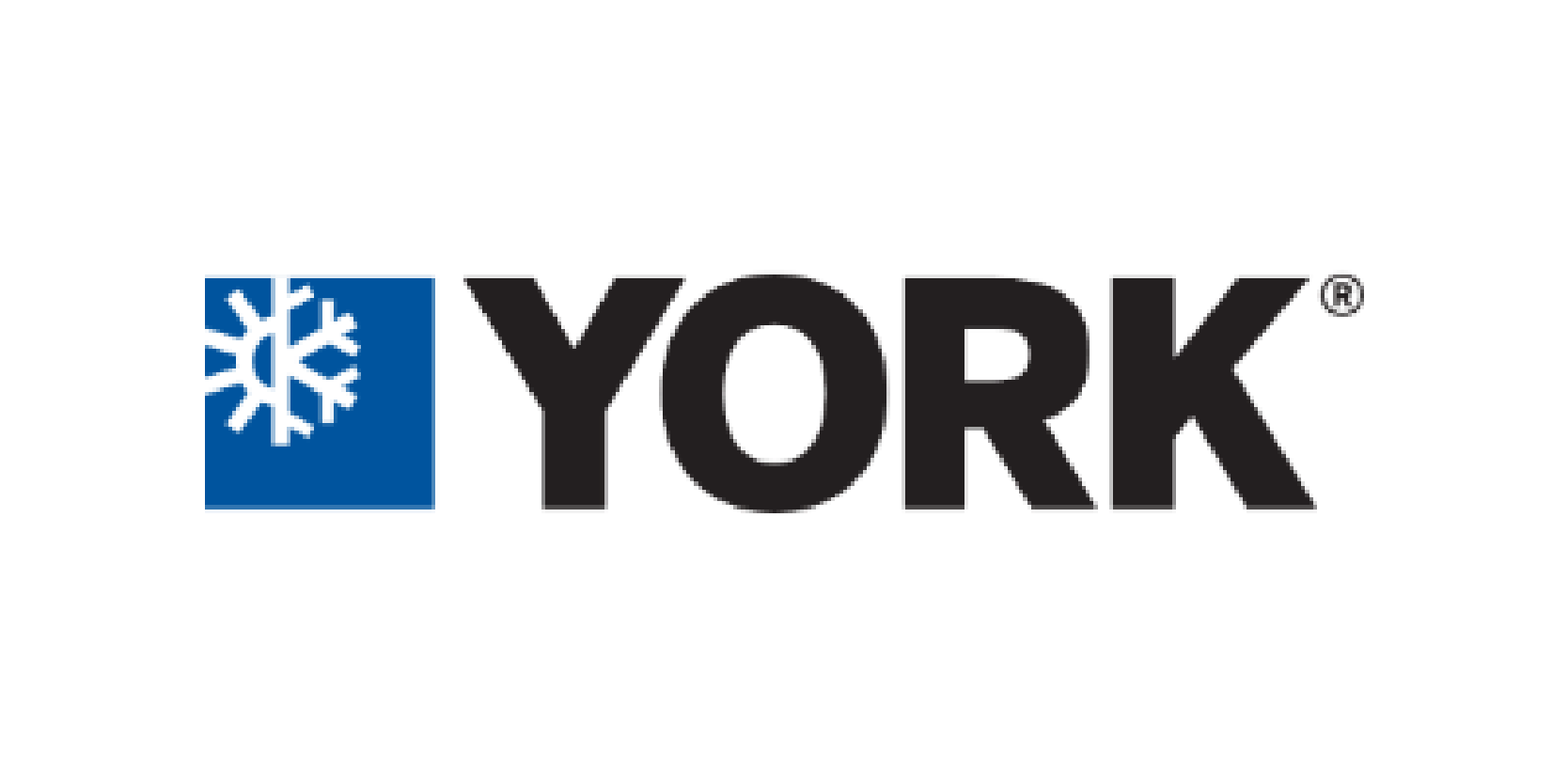
Aside from the professionals, like ours at All City Heat and Air , who really thinks about air conditioners and their components? Air conditioners keep your Huntersville, NC , home or business cool and comfy when the outside temperatures are high, and that’s all you really need to know, right?
Well, air conditioners do so much more than just cool, like dehumidify your home or business and help keep your inside air cleaner. Understanding a bit of its basic components and how they work can help you identify a problem or malfunction when it occurs.
Air Conditioner Overview
As already mentioned, your air conditioner does more than just cool. It dehumidifies by reducing the volume of humid air, thereby taking a portion of its moisture. That’s the reason for pans and drains with air conditioners.
Your air conditioner also aids in cleaning the air by removing allergen and debris particles from the airflow where they attach to the filter. But the largest purpose of your air conditioner is to remove the heat from your inside air and cool it, providing the maximum indoor comfort.
Looking at this side of your air conditioner, most conventional central air conditioners have a hot side, which is located outside, and a cool side, located inside. Since these air conditioners have both outdoor and indoor components, many times you’ll see your air conditioner referred to as a split-system air conditioner.
In the very basest of explanations, here’s how your air conditioner works. Air conditioners transfer heat to the outside, extracting it from the inside air. The compressed gas refrigerant in the system (you probably know DuPont’s Freon® refrigerant) absorbs the excess heat before it’s pumped through the piping in a closed system to an outside coil.
A fan blows air over the hot coil, transferring the absorbed heat in the refrigerant to the outdoor air. Since the inside heat has been removed, the indoor air is now cool. As a result, the refrigerant is recooled and condensed here, then sent back to circulate through the system to begin the process again.
There are many complex and smaller transactions throughout your air conditioning system, but this gives you an overview on how your system works.
On a side note, be sure to stay up to date on the phaseout of R-22 refrigerant by the US Environmental Protection Agency (EPA) in the United States by 2020. Call and talk with one of our All City Heat and Air team members to see how it affects you.
Air Conditioner Components
An air conditioner is made up of many components, but the major parts doing the heavy lifting of moving the air indoors and outdoors are the evaporator, condenser, expansion valve, and compressor. Keep in mind they’re each either located outside (the hot side) or inside (the cool side).
Evaporator
The evaporator is located on the cool side. Its main function is to receive the liquid refrigerant. It’s paired with a fan blowing air over the chilled coils into your home. After it receives the liquid refrigerant, it converts it to gas through a drop in pressure.
Condenser
The condenser is located on the hot side. Its main function is to facilitate heat transfer. Resembling a car’s radiator in looks, it actually works the opposite of the evaporator by converting the evaporated refrigerant back into a liquid. This process is called a heat transfer, working on the principle that heat will always move from a warmer to a cooler substance.
Expansion Valve
The expansion valve is located between the evaporator and condenser coils. Its main function is to regulate the refrigerant flow into the evaporator. It removes pressure from the liquid refrigerant allowing the conversion into gas to occur in the evaporator.
Compressor
The compressor is located on the hot side. Its main function is to pressurize refrigerant. The compressor is a large electric pump repressurizing the refrigerant gas to convert it back into liquid. It assists the condenser, while the expansion valve assists the evaporator.
Call Us for Your Air Conditioning Needs
While there are additional fans, valves, sensors, and other components to your air conditioner, these four components are fundamentally the main components. Call All City Heat and Air at 704-545-2000 or request service online if you think you need service or replacement on one or more of them. Or one of our certified experts is happy to discuss the roles of these components in more detail with you any time you have a question.
The post How Does Your Central Air Conditioner Cool Your Home? first appeared on All City Heat and Air and is written by All City Heat and Air.
